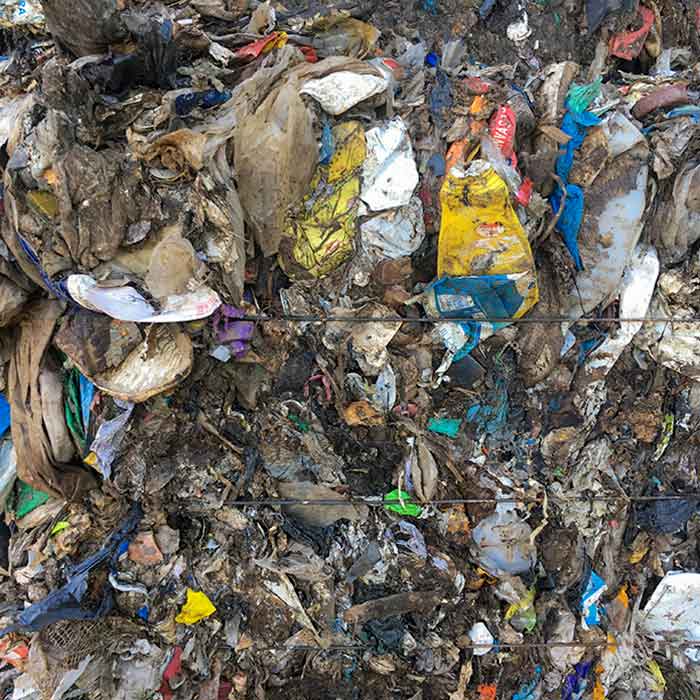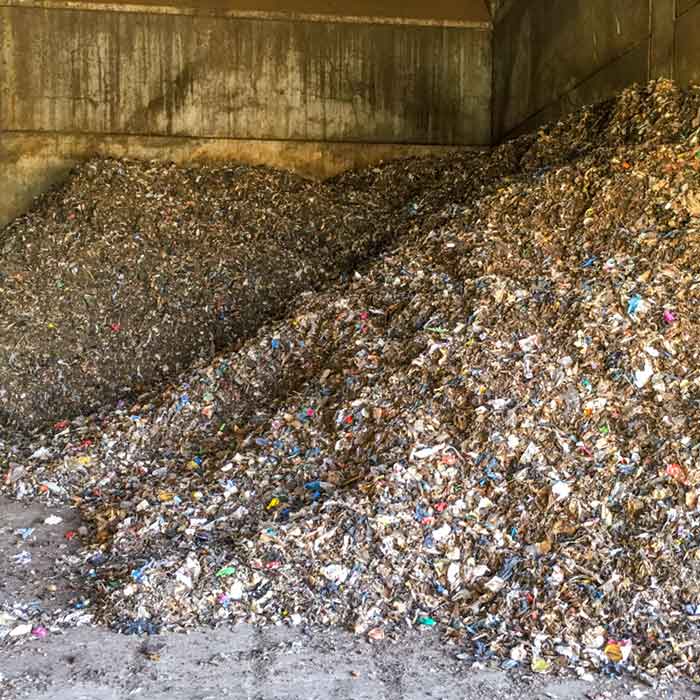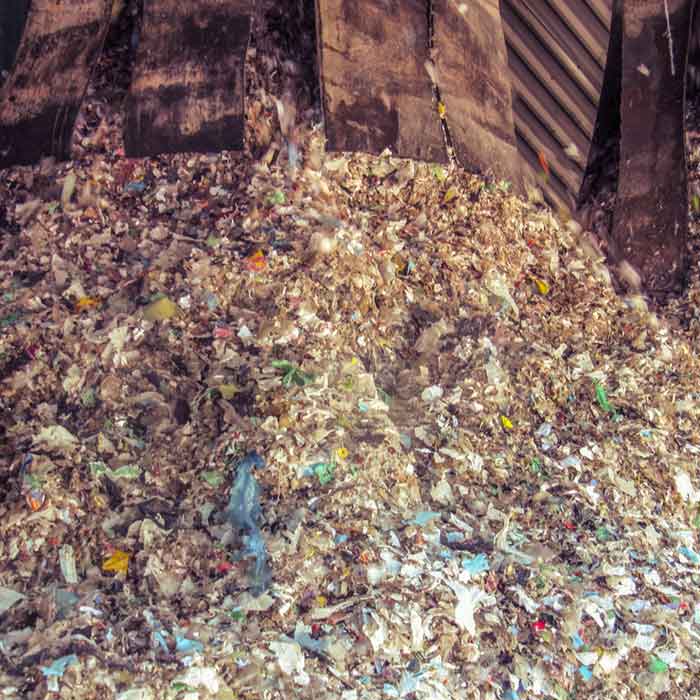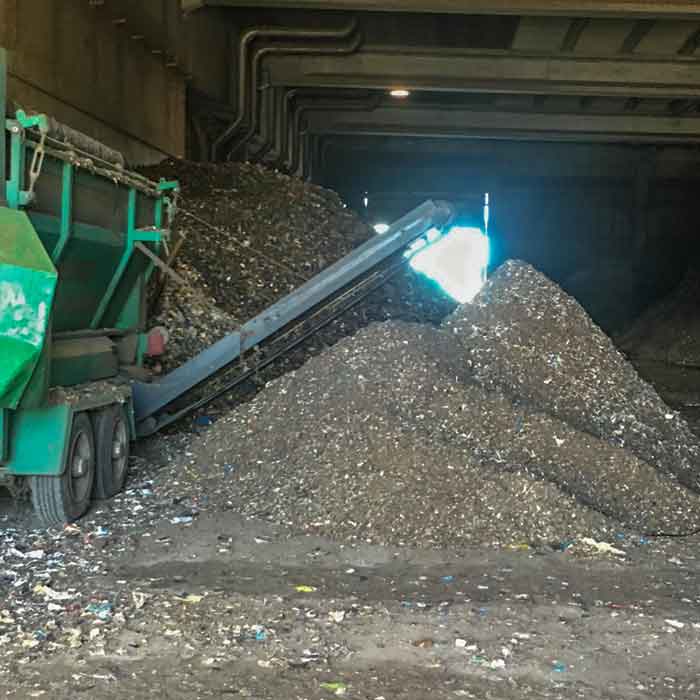Refuse Derived Fuel
Working towards a fully circular economy
RDF production is an essential and integral part of a modern society’s waste management options. Refuse-derived fuel (RDF) is a fuel produced from various types of waste such as municipal solid waste (MSW), industrial waste or commercial waste.
Refuse Derived Fuel
Working towards a fully circular economy
Refuse-derived fuel (RDF) is a fuel produced from various types of waste such as municipal solid waste (MSW), industrial waste or commercial waste.
Even if 100% of the waste we generated is recycled, this represents only about 5% of the resources that have been consumed in its production. RDF is only one of the building blocks that must herald a revolution in how global resources are managed.
The Importance of Municipal Solid Waste (MSW) as a Fuel
RDF production is an essential and integral part of a modern society’s waste management options. By means of a range of transformative processes, waste can be converted into a useful product which can displace the use of fossil fuels. Subject to form, moisture content and calorific value, RDF can be used in a range of industrial processes from fluidised bed combustion, to cement kilns and in RDF-fired power generation facilities.
The RDF Process
RDF is made from many different types of waste material and has been used successfully as an alternative, sustainable fuel that is a suitable replacement for fossil fuels. That means we can keep fossil fuel in the ground – where it belongs.
RDF as a Sustainable Fuel
Send download link to:
Send download link to:
Send download link to:
Send download link to:





